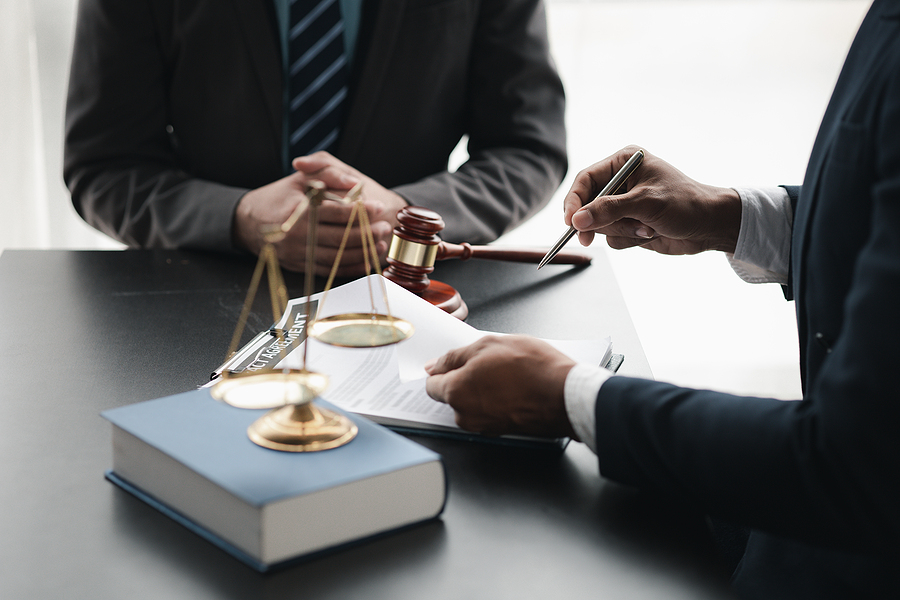No one ever expects to be charged with a crime. When it happens, the gravity of the situation can feel overwhelming. You may not know what to do or who to turn to for help. But understanding your rights and options is key in any criminal defense case. In this blog post, we’ll discuss the steps you should take when charged with a crime, including finding an experienced criminal defense lawyer and understanding your rights. Continue reading to get started.

Why You Should Always Take a Criminal Charge Seriously
Receiving a criminal charge can be a scary and overwhelming experience, but it is important to take it seriously. A criminal charge can lead to serious consequences, including a criminal conviction and a criminal record, which can impact your life in numerous ways. It is essential to seek the help of a criminal defense attorney who can guide you through the legal process and help you achieve the best outcome for your case. A criminal conviction can affect employment opportunities, housing options, child custody arrangements, professional licensing, firearm privileges, and even relationships with friends and family. It’s crucial to take every criminal charge seriously and work with a legal professional to ensure the best possible outcome for your future.
How to Deal With a Criminal Charge the Right Way
1. Gather Information: The first step in defending yourself against criminal charges is to carefully review all of the information available to you. Ask questions about the charges being brought against you, as well as any evidence or witnesses that may be presented by the prosecution. Your attorney can help you understand what each charge means and how it could affect your case.
2. Understand Your Rights: As soon as you are charged with a crime, remember that you still have rights protected under the Constitution—including the right not to incriminate yourself and the right to remain silent until consulting with a criminal attorney of your choice. Do not talk to police officers or prosecutors about the case without an attorney present.
3. Find a Criminal Defense Lawyer: The importance of having a competent and experienced criminal defense lawyer cannot be overstated when you are charged with a crime. A skilled defense lawyer will be knowledgeable in criminal law, understand the court system and its procedures, review evidence on your behalf, negotiate plea bargains if necessary, and protect your legal rights throughout the entire process. You have the right to choose your own attorney or may request a public defender from the court based on financial need.
4. Prepare Your Case: Once you have chosen an experienced Indianapolis criminal defense lawyer, work together to prepare for every aspect of your case, including gathering evidence, reviewing paperwork, and interviewing witnesses. Additionally, be sure to explain your side of the story completely and accurately to your attorney so they can develop the strongest defense strategy possible.
Get Professional Criminal Defense ASAP
Facing criminal charges is a serious matter and should not be taken lightly. Taking the right steps when charged with a crime can help ensure that you have access to the best legal representation available. Understanding your rights and finding an experienced criminal defense lawyer are key in any criminal defense case, allowing you to make an informed decision about how to proceed with your case.
Being charged with a crime is a trying experience, but having the right legal professional in your corner will make the process easier on you. Contact Attorney David E. Lewis at 317-636-7514 to speak with a seasoned criminal defense lawyer in Indianapolis, Indiana. Our law firm will obtain the best possible outcome for your criminal case!
Related Posts:
7 Questions You Should Ask Your Criminal Defense Lawyer
Frequently Asked Questions About State and Federal Crimes
Can I Still Get Arrested Even if I Was Not the One Committing a Crime?
